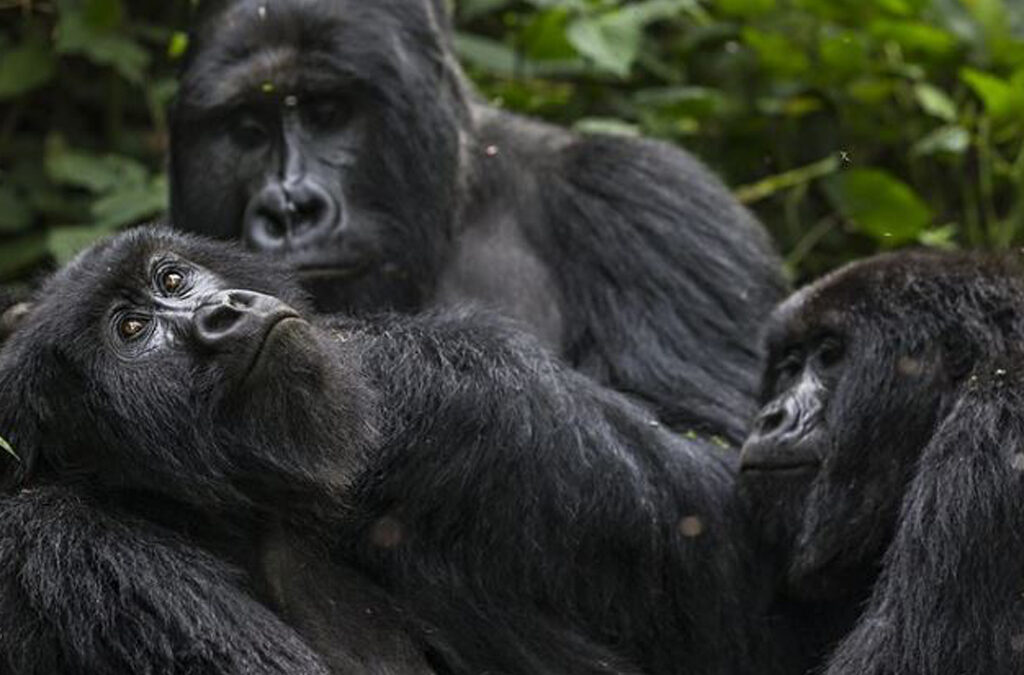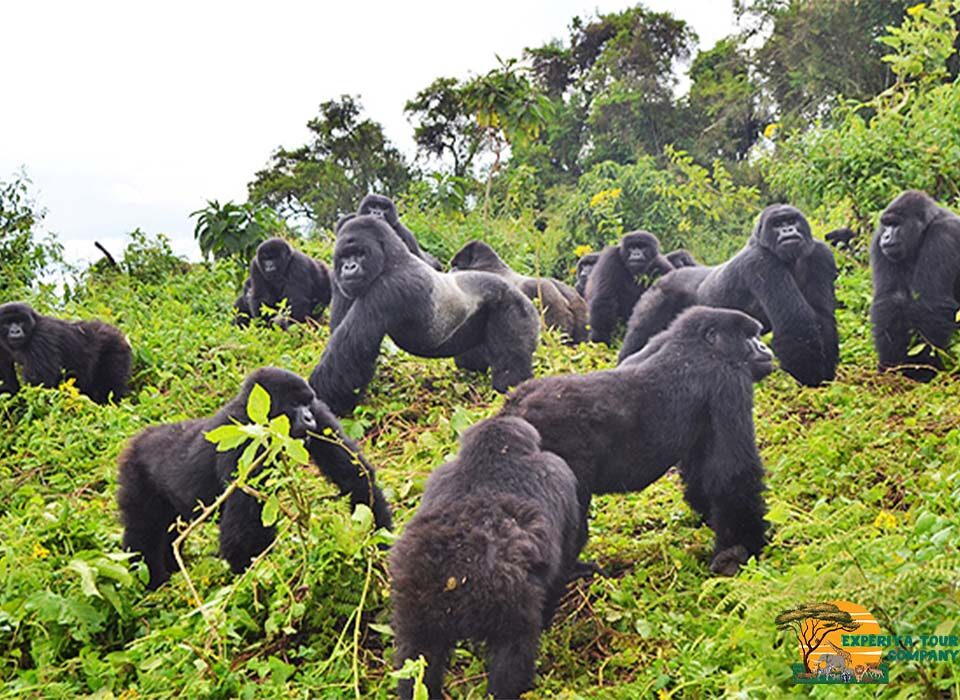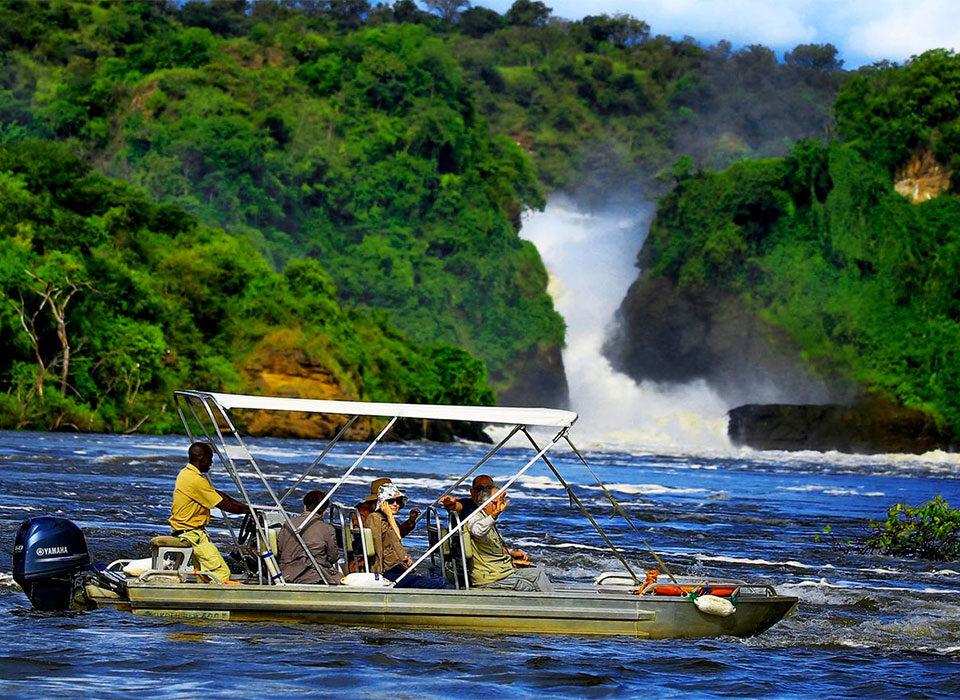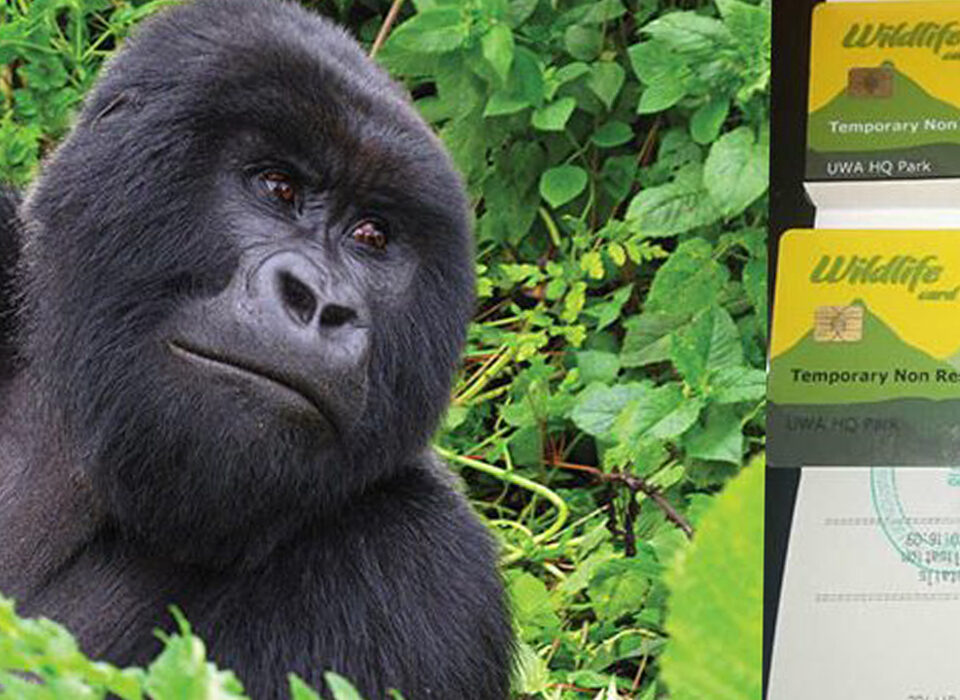
How is Safety and Security Guaranteed During Chimpanzee Trekking in Kibale National Park?
September 17, 2025
How Many People Are Allowed to Visit Gorillas in Uganda Per Day?
September 18, 2025How Local Communities Benefit from Gorilla Trekking in Rwanda

Rwanda, famously known as the “Land of a Thousand Hills,” has become one of Africa’s most inspiring conservation and ecotourism success stories. At the heart of this achievement is gorilla trekking. Visitors hike through the lush forests of the Virunga Mountains and spend a magical hour observing endangered mountain gorillas in their natural habitat. This experience is more than a once-in-a-lifetime adventure. It also serves as a powerful tool for conservation and community development. Local communities around Volcanoes National Park benefit directly from gorilla trekking through employment, revenue sharing, improved infrastructure, and cultural preservation.
To understand how gorilla trekking transforms communities, it helps to know where the experience takes place, its costs, the best times to visit, accommodation options, and how to get there. Equally important is examining how tourism revenues and opportunities flow to people living around Volcanoes National Park, improving lives while protecting wildlife.
Gorilla Trekking in Rwanda: Where It Happens
Gorilla trekking centers on Volcanoes National Park, in Rwanda’s northwestern region near Musanze town (formerly Ruhengeri). The park forms part of the Virunga Conservation Area, which stretches into Uganda’s Mgahinga Gorilla National Park and the Democratic Republic of Congo’s Virunga National Park.
Volcanoes National Park covers about 160 square kilometers of montane forest, bamboo zones, swamps, and alpine vegetation. It hosts roughly one-third of the world’s mountain gorilla population. The park also shelters golden monkeys, buffaloes, elephants, and hundreds of bird species. Gorillas live in family groups led by dominant silverbacks. Several of these groups have been habituated for tourism. Trekkers are assigned to a single gorilla family and guided by experienced trackers and park rangers to ensure safety and a meaningful encounter.
The Cost of Gorilla Trekking
Rwanda offers one of the most exclusive gorilla trekking experiences in Africa, and it comes at a premium. A gorilla trekking permit costs USD 1,500 per person. This fee includes park entry, guides, trackers, and the unforgettable hour with the gorillas.
This high cost serves two purposes. First, it limits visitor numbers, reducing stress on gorillas and their delicate habitat. Second, it maximizes revenue, a portion of which goes to community projects such as schools, clinics, and roads. Rwandan citizens and East African Community residents sometimes receive discounted permits, especially in the low season.
Travelers should also budget for accommodation, transport, meals, and optional activities such as golden monkey trekking or cultural village visits. A complete gorilla trekking experience typically ranges between USD 3,000 and USD 6,000, depending on comfort and chosen activities.
Best Time for Gorilla Trekking
Rwanda enjoys a mild, temperate climate that allows trekking year-round. Dry seasons—from mid-December to early February and June to September—offer less muddy trails and lower chances of heavy rainfall, making treks more enjoyable.
Rainy seasons—from March to May and October to November—bring lush forests and fewer tourists. The trails can be muddier, but travelers seeking solitude and lower accommodation rates often find these months rewarding.
Where to Stay
Accommodation near Volcanoes National Park ranges from luxury lodges to community-run guesthouses.
Luxury lodges, such as Bisate Lodge, Singita Kwitonda, One&Only Gorilla’s Nest, and Virunga Lodge, offer world-class service, gourmet dining, and stunning volcano views. They employ local staff and often source materials from nearby villages, supporting sustainability.
Mid-range lodges like Five Volcanoes Boutique Hotel, Mountain Gorilla View Lodge, and Da Vinci Gorilla Lodge provide comfortable stays, good meals, and convenient access to the park.
Community-based guesthouses, including Kinigi Guesthouse, allow visitors to support local households directly. These lodges are often managed by cooperatives, ensuring that tourism revenue benefits the surrounding community.
Where travelers stay influences how tourism revenue spreads. Luxury lodges often fund schools or conservation initiatives. Community lodges provide direct household income.
How to Get There
Rwanda is one of Africa’s most accessible gorilla trekking destinations. Most visitors arrive at Kigali International Airport, served by international airlines. From Kigali, it takes about 2.5 to 3 hours by road to reach Musanze and the park headquarters at Kinigi. The scenic drive winds through rolling hills, tea plantations, and small towns.
Visitors can choose private transfers, self-drive rentals for those comfortable with rural roads, or public transport, including buses to Musanze and taxis to Kinigi. Unlike Uganda, where parks require long drives, Rwanda’s short access time allows travelers to arrive in Kigali and trek gorillas the next day.
Benefits to Local Communities
Gorilla trekking generates profound opportunities for communities near Volcanoes National Park. Tourism creates jobs in guiding, hospitality, trekking support, transport, handicrafts, and cultural performances. Many rangers, porters, and lodge staff come directly from surrounding villages. Some porters were former poachers who now earn steady incomes helping visitors. This shift reduces reliance on hunting and logging while supporting conservation.
Rwanda shares ten percent of park entrance and permit fees with local communities. These funds build schools, clinics, water projects, and roads, improving living standards. Villages around Volcanoes National Park now have new classrooms, health centers, and community halls, demonstrating that conservation supports local development.
Cultural tourism has also flourished. Villages offer traditional dance performances, handicraft markets, homestays, and cultural centers. The Iby’Iwacu Cultural Village in Kinigi is a prime example. Revenue from these initiatives directly benefits households and women’s cooperatives, empowering families economically.
When communities see the value of gorilla tourism, they develop a vested interest in wildlife protection. Former poachers engage in conservation projects, alert rangers when gorillas enter farmland, and view gorillas as assets rather than threats. Tourism encourages infrastructure development, including better roads, electricity, and improved healthcare facilities, benefiting everyone.
Tourism revenues also support education and skills development. Scholarships, training programs, and vocational opportunities in guiding, hospitality, and business ensure the younger generation views conservation and tourism as pathways to success. Women and youth benefit from handicraft cooperatives, cultural programs, and small business grants, fostering economic empowerment and reducing inequality.
Conservation Success Through Community Involvement
Rwanda shows that conservation cannot succeed without community engagement. By ensuring households benefit materially, the government fosters pride and ownership among locals. Mountain gorilla populations have steadily increased, making Rwanda a rare conservation success story.
The annual Kwita Izina Gorilla Naming Ceremony, where new gorilla babies are named, symbolizes the partnership between communities, the government, and global visitors. Local people actively participate, reinforcing that protecting gorillas is both a cultural and economic priority.
Conclusion
Gorilla trekking in Rwanda is more than an extraordinary wildlife encounter. It is a model of how ecotourism can transform communities and safeguard endangered species. From employment opportunities to infrastructure improvements, from women’s empowerment to cultural preservation, the benefits to local communities are profound and lasting.
Visitors choosing Rwanda for gorilla trekking directly contribute to these outcomes, ensuring that local people and mountain gorillas thrive side by side. In Rwanda’s rolling green hills, each step a visitor takes resonates far beyond the hour spent with gorillas. It echoes in classrooms built with tourism revenue, in the songs of cultural troupes, in the livelihoods of porters, and in the conservation victories of a nation committed to protecting its natural treasures.
For more information about booking your gorilla trekking tour and discovering how local communities benefit, contact Experiya Tour Company today.



